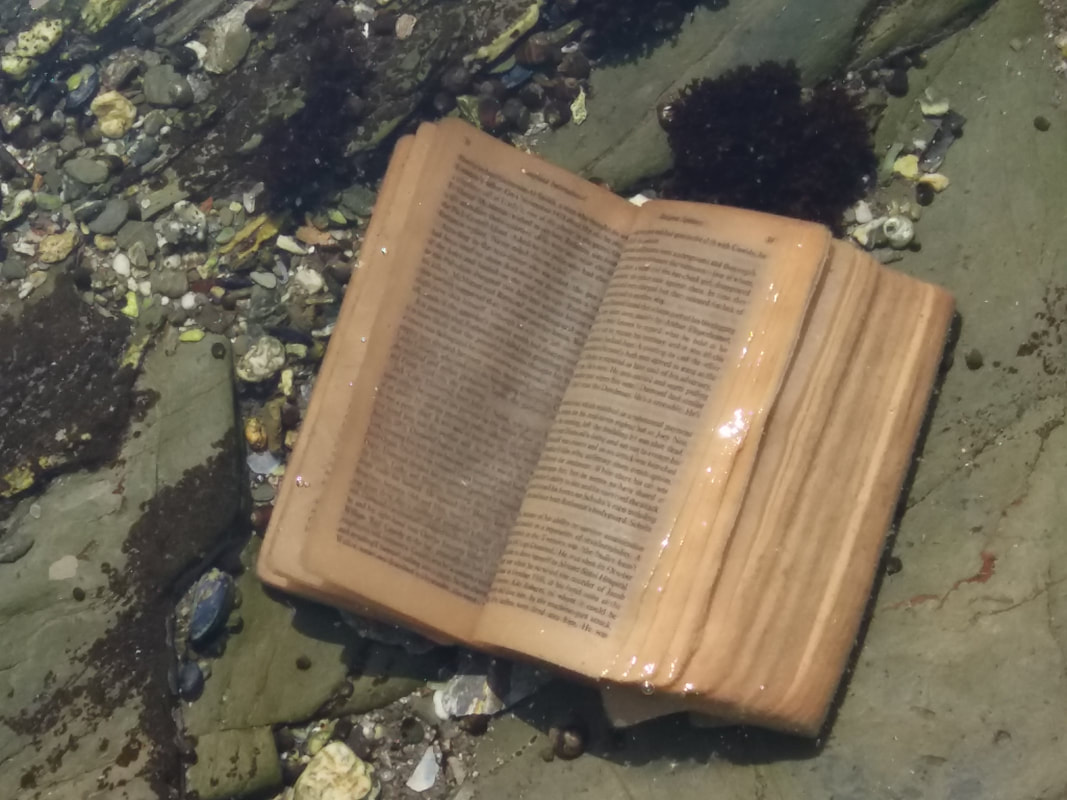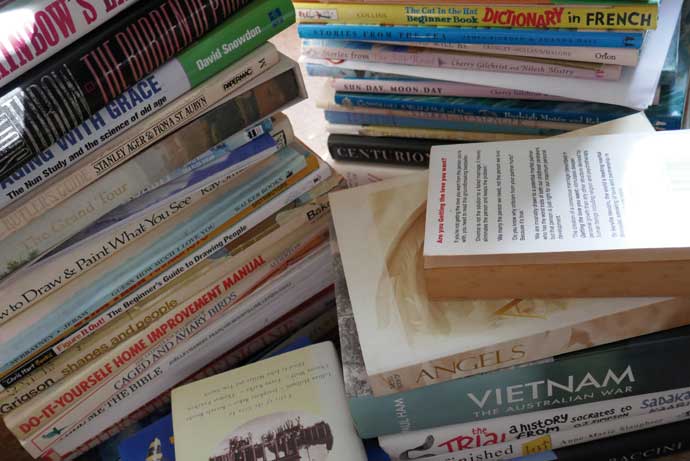I know. Storytelling. Last week. That thing about reincarnation. I picked a starting point for my Journey – no, I’m okay with that word, even with the capital J – that fell at some time in the early years of The Beaker People, for whom I have a soft spot. An entire civilisation, lasted a thousand years-ish, and all we know about them is that they left some beakers behind. Imagine if all we had of The Victorians was a small collection of chamber pots. Imagine if all we had of The Dinosaurs – lasted millions of years, went everywhere – was a small collection of fossils.
No, wait. We’ve gathered at the stone, the children and I, and I’m telling them the story about the sun. It’s early in the day, because storytelling is important, and I’ve started the story by challenging them to look at the horizon and tell me where the sun will rise. They’re just at that age where they leave the hearth to play-hunt in a pack, and there’s laughter because their childish bonding makes me an outsider. But I wait, and presently, one of them tells me correctly that the sun will rise over the long mountain.
Does it always rise there? No. [Storytelling starts early: they’ve heard this, and been prompted to make the observation, already.] We stand to welcome the sun, and in return he gives us the warmth back, and we watch his light spread across the land. There is birdsong; we are not alone in welcoming the sun. I ask them what signs there are in what we have seen and heard, what those signs tell us about the day to come, and again, but this time without laughter, they give me their answers. Together, they have felt the sun’s touch and sensed the land’s response.
That was different. I’m not finished yet. I want them to come away with the idea – sorry, I’m going to have to follow this story through – that the sun follows the seasons just as they do, so that one way of working out where they are in the cycle of seasons – one of many, for everything is a sign – is to watch where the sun rises on the horizon. When he comes back to the long mountain, as he has now, the cold season is ending. But between now and the greening of the trees, children, we must be cautious hunters: the hibernating predators will wake up soon, and they will be angry with their own hunger.
When I say that, in that tone of voice, the children will look at each other, having heard that warning before but not yet believing it, and it is in the nature of small children that those shared looks will spark laughter, and I will release them for another day. They will run off to play-hunt, and watching them, I will think of a flock of birds turning and turning in the sky. Then, because a story is a useful thing, a tool for survival, worth honing, I will sit with the sun for a while, telling him the story as I will tell it next time.
A story must be busy to hold the attention, I know, and I will talk to the sun about his home under the edge of the land. About – it occurs to me – his partner. Do sun and sky argue; does sky cry; does sun take the warmth until he feels ashamed and brings it back again? Sun is an old man, I feel; sun and sky have been a long time together. What have the sun and the sky made of us over so many seasons? Do they react to our behaviour? I begin to craft a new story…
Finished? Nearly. The woman comes to me. It is not yet child-season, but she is big, and our child responds to my touch on the curve of her belly. The woman bears my mark on her forehead and I bear her mark on mine; the marks will remain until the hot season wanes and it is time for me to choose and be chosen again. I am strong; I have stories; I will remain among the chosen for many seasons yet. But this woman; I want to tell her that I would choose her again. She touches my lips before I can speak: the baby will have come by then, and that is a happiness of its own. We have had our time.
Enough! Any more of this, and there’ll be blog-writing gurus hammering on my door and shouting about keywords and search-engine optimisation. Why, they’ll demand, haven’t I turned this into a ten-part training course to get people’s email addresses and sell them things? That’s what absolutely everybody else does, they’ll point out – not seeing the flaw in their argument. And then the brightest among them will offer to sit down with me and thrash out whether mine should be a training course on sunrise-watching or storytelling*, and then we’ll all wander down to the Jacob’s Ladder for a pint and a discussion on the England v. Belgium match.
Not a bad ending, actually.
*My book Ten Steps to a Bedtime Story is out of print, sorry. That would make a ten-part training course. Maybe I should think about reading it onto YouTube, or something. No, wait. The whole point of bringing it back would be to get your email address and sell you things, so not YouTube. And anyway, the stuff I’ve got to sell goes quite easily at the weekly car-boot sale up at the rugby club. Although maybe I’m missing something here…
Here’s how it goes. Read this exchange of sweet nothings, and then tell me what you think. There will be instructions on how to claim your cookie at the end.
[We’ll keep scene-setting to a minimum, so: two speakers; just met; time to part.]
“That was fun.”
“I really enjoyed myself.”
“On a scale of ten?”
“Definite ten!” [Laughs.]
“I really want to get to know you better.”
“Okay…”
“You are really important to me.”
“Okay... so we could…”
“On a scale of one to ten, how likely would you be to respond positively to an invitation to repeat that experience?
“...meet up for a - what?”
“How likely would you be to recommend that experience to a friend?”
“What?”
“I want to get to know you better so I can work out what you like doing.”
“Why don’t you just ask me what I like doing?”
“How would you rank the following activities...”
[Interrupting] “This is some kind of joke, isn’t it?”
“Not at all. Your answers are valuable to me. They will enable me to work out a framework for our relationship.”
And the conversation ends.
So. Tell me what you think. Does that remind you of:
1. Romeo and Juliet
2. The Stepford Marketing Executives, an imaginary novel not written by Ira Levin
3. That email you had last week from the gas company
4. Something by Isaac Asimov in which the robots are getting uppity while sticking to the letter of the Laws of Robotics
5. That questionnaire the nurse gave you as you emerged from Intensive Care.
Answers should be typed into the search engine of your choice. As you begin to type, the auto-complete function will give you your e-fortune cookie* for today.
*Disclaimer. I am still not interested in your data. Do not try this at home, and certainly not with a prospective or actual partner.




